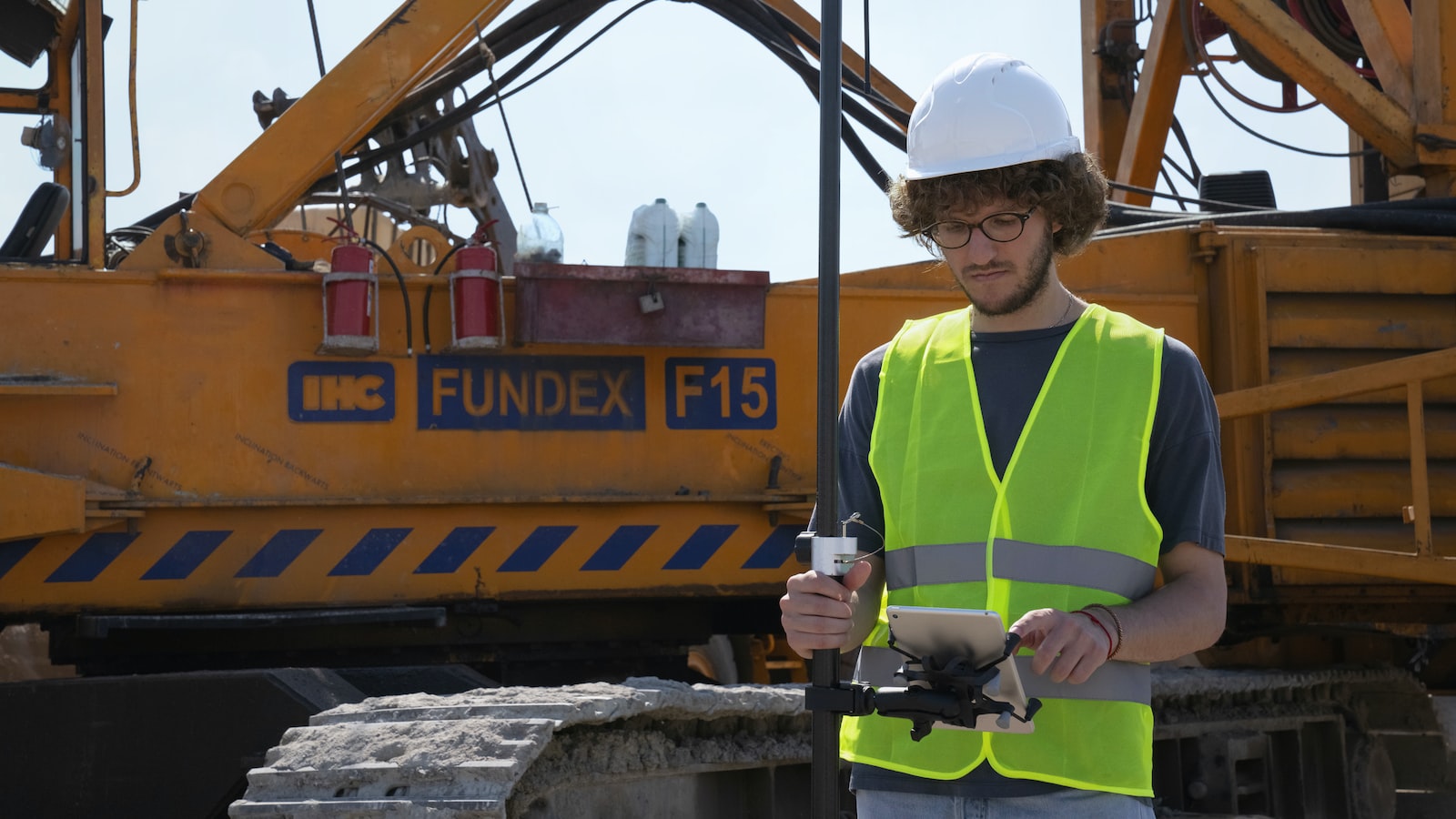After the stress of the COVID-19 pandemic, a new national survey called the Inaugural ASPS Insights and Trends Report: Cosmetic Surgery 2022 finds many Americans are now investing in themselves through cosmetic procedures, despite an uncertain economy. The American Society of Plastic Surgeons polled member surgeons nationwide and found more than three-quarters of cosmetic-focused plastic surgery practices are seeing more business than before the pandemic, with nearly 30 percent reporting their business has at least doubled.
“With COVID, we prepared for the worst. But when we were able to reopen our office, we were pleasantly surprised with the incredible surge of demand for our cosmetic services, both surgical and noninvasive,” said Bob Basu, MD, a board-certified plastic surgeon in Houston and board vice president of finance of the American Society of Plastic Surgeons. “Now that the worst is hopefully behind us and people are traveling again and getting back to normal life, I initially thought that we would see some of that demand drop off, and that’s not been the case. We’re actually still seeing very high demand.”
Basu says there are a variety of reasons behind the increased demand. For many patients, COVID shutdowns and the ability to work from home gave them the time they needed to heal, without disrupting their normal busy routine. Others say the money saved on things like travel and dining out during the pandemic allowed them to invest in themselves.
“COVID changed everything. No one was traveling, vacations got canceled. So I think a lot of families and patients had a lot more disposable income. And so, they found that this is the right time for them to do a cosmetic plastic surgery procedure,” Basu said.
The survey also found that women between the ages of 31 and 45 were by far the most likely to request popular procedures such as breast augmentations, liposuction and tummy tucks. Basu says millennials are not only savvy about their options, but are also more open about their choice to seek plastic surgery than older generations.
“Millennials are very sophisticated in terms of getting the information they want. They share their experiences with other people through social media platforms or other methods. And so, these procedures are no longer taboo—They’re actually relatable and accessible,” Basu said. “Because of this open sharing, patients also come in well-versed about the procedures of interest. And so it really allows us to have a really productive discussion about their options.”
Megan Gilbert, 35, was one of those millennial

